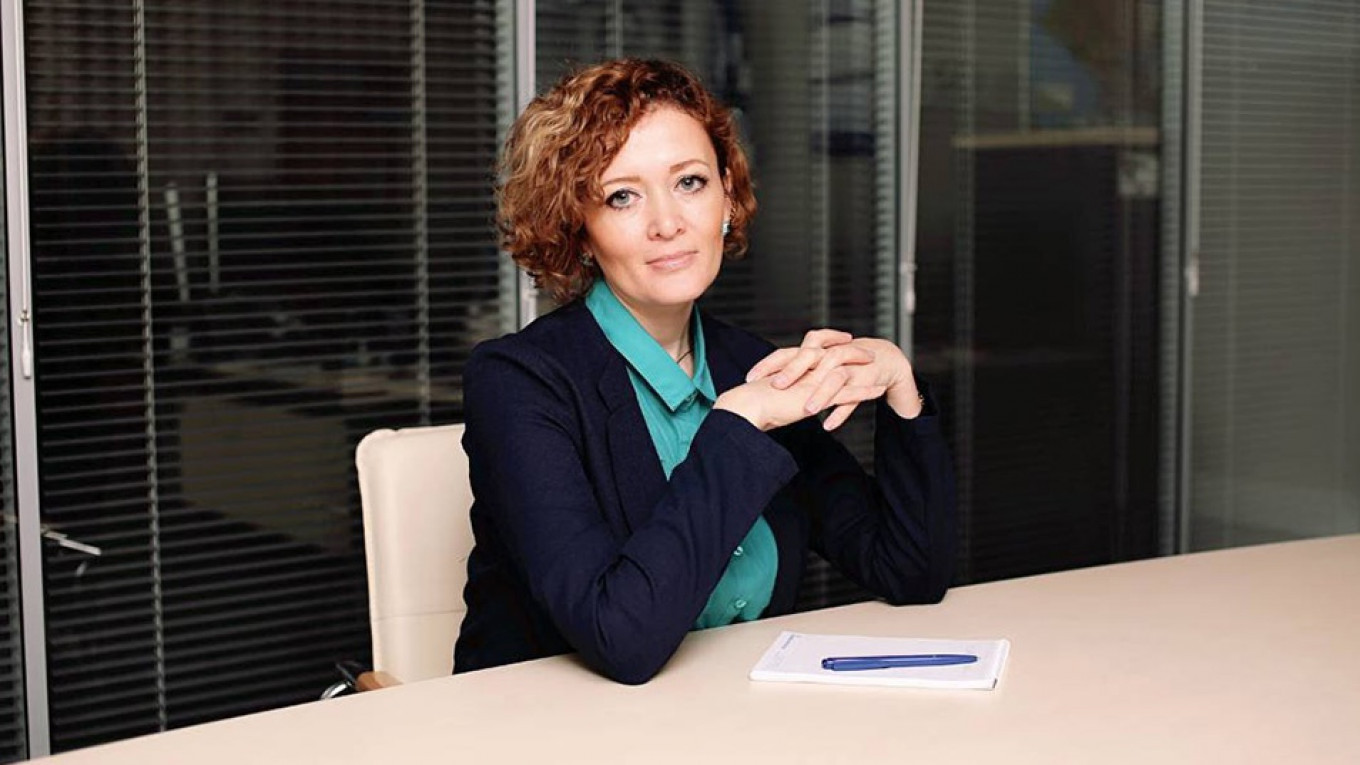
Prominent Russian activist Anastasia Shevchenko will walk free after receiving a suspended sentence for her involvement in a pro-democracy group that the government labeled “undesirable.”
Shevchenko, 41, is the first activist to be prosecuted under Russia’s 2015 law against “undesirable organizations.” She has been under house arrest since 2019, when one of her three children died in hospital a week after the court banned her from visits.
The Oktyabrsky District Court in the southern Russian city of Rostov-on-Don found Shevchenko guilty of collaborating with an “undesirable organization” and handed her a four-year suspended sentence as her mother and children sat in the front row. Her house arrest has also been lifted.
The state prosecution had requested a sentence of five years in a prison colony.
Shevchenko, who has attended both authorized and unauthorized rallies, anti-Putin pickets and educational seminars since 2015, was on trial for membership in the Open Russia pro-democracy group founded by exiled oligarch Mikhail Khodorkovsky.
Her case stems from a far-right pro-Putin National Liberation Movement (NOD) member’s complaint that she acted on behalf of an “undesirable” organization during televised debates for Russia’s 2018 presidential campaign.
Her defense argued that the Russia-based Open Russia has no formal ties to the Britain-based organization of the same name that the government labeled “undesirable.”
Amnesty International, which declared Shevchenko a prisoner of conscience, said it dispatched a monitoring mission to witness the verdict reading. The rights group said that while Shevchenko was on trial, a Yekaterinburg journalist and a Krasnodar doctor have been sentenced to forced labor under the same “undesirables” law.
Nearly 200 Russian authors, historians and journalists signed an open letter on the eve of Shevchenko’s verdict calling her prosecution “absurd and illegal.” Television presenter and socialite Ksenia Sobchak sat in the courtroom for Thursday’s verdict, according to the Dozhd broadcaster.
In her last word in court on Feb. 8, Shevchenko called on the judge to “stay human” and “not participate in political repressions.”
“I don’t believe in an acquittal,” Shevchenko had said in one of several interviews given while under house arrest.
While preparing for the guilty verdict, the single mother told the BBC that she has been recording voice messages for her 9-year-old son Misha and video instructions for 16-year-old daughter Vlada.